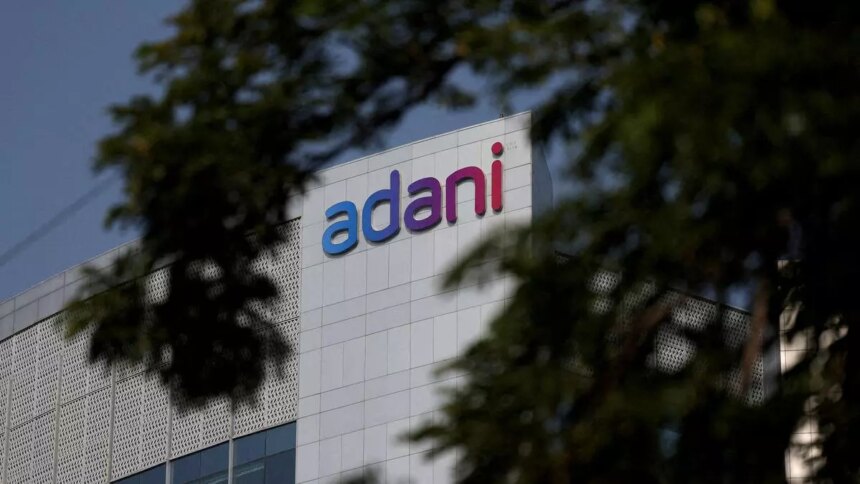The Andhra Pradesh government, under the leadership of N Chandrababu Naidu, is adopting a careful approach regarding the controversial Adani Green Energy project and its electricity supply. Recent discussions within the State Cabinet have revolved around the power supply agreement between the State’s Discom and the Solar Energy Corporation of India (SECI), which has contractual obligations with Adani Green to commence power supply next year.
Sources indicate that no formal decision regarding the contract has been communicated yet. If the State opts to terminate the project, it faces potential liabilities of approximately ₹2,800 crore annually over the next 25 years. Conversely, continuing with the agreement could lead to increased electricity costs for retail consumers, with prices rising by 80 paise to ₹1 due to the geographical network access component becoming applicable. The deal includes provisions for supplying an initial 3 GW of renewable energy, with an additional 3 GW expected by 2025 and 1 GW in 2026.
Political tensions over electricity issues persist in Andhra Pradesh, marked by a war of accusations between the ruling party and the opposition. Recently, Andhra Pradesh’s Energy Minister, Gottipati Ravi Kumar, criticized former Chief Minister YS Jagan Mohan Reddy, asserting that Reddy had sparked protests against rising electricity charges.
Kumar highlighted that in 2019, Andhra Pradesh was a power surplus state, but Reddy’s administration allegedly transformed it into a power deficit situation within five years due to ineffective decisions and alleged corruption. He claimed that Reddy’s previous government had cancelled power purchase agreements, intimidated solar and wind energy investors, and ultimately drove them from the state, resulting in a loss of 10,000 MW of renewable energy.
The situation was reportedly exacerbated by poor management of the Andhra Pradesh Power Generation Corporation Limited (AP-Genco), which, according to Kumar, purchased electricity at inflated rates—ranging from ₹8 to ₹14 per unit, even though it was available at ₹5 per unit. He pointed out that the true-up charges approved by the Andhra Pradesh Electricity Regulatory Commission (APERC) during Reddy’s tenure have now become a significant financial strain on the public. These charges have been substantial, amounting to:
– ₹3,082 crore for 2021-22
– ₹6,073 crore for 2022-23
– ₹9,412 crore for 2023-24










